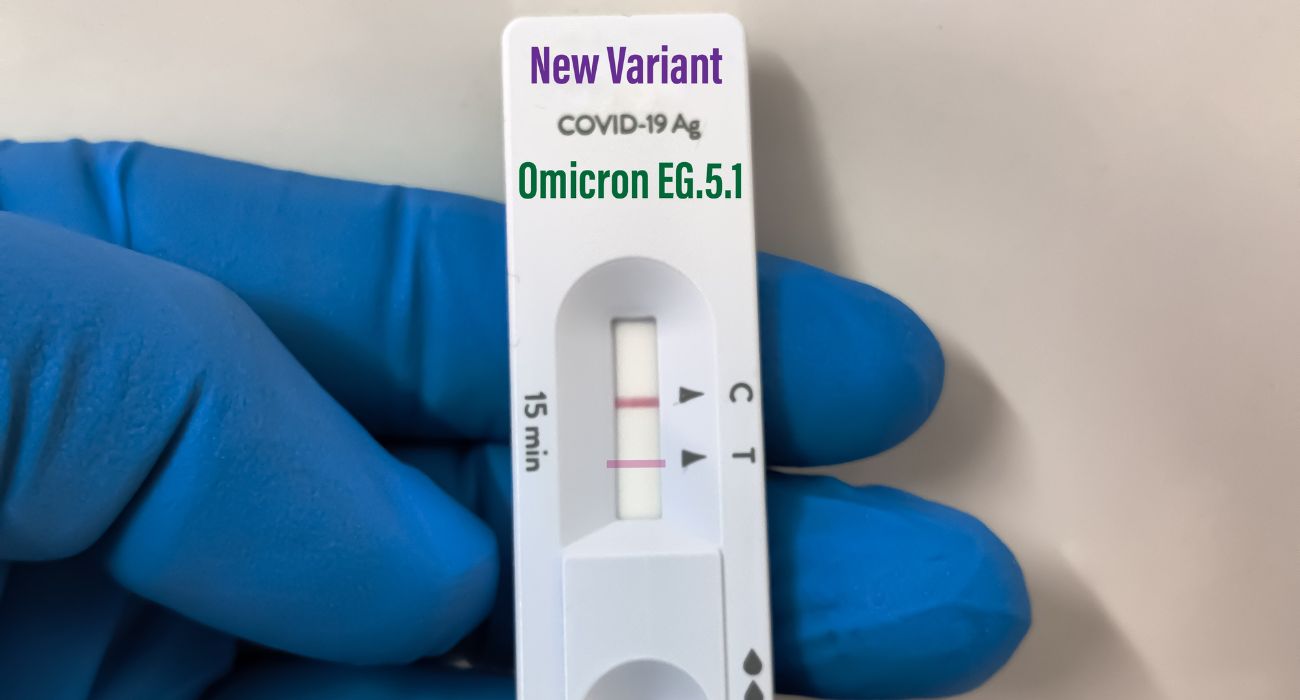Childhood obesity is “one of the most serious public health challenges of the 21st century,” according to the World Health Organization, and it has become a grave problem here in Texas.
Texas has the eighth-highest rate of childhood obesity in the United States, with 20.3% of children ages 10-17 classified as obese in 2019-20, more than 4% over the national rate of 16.2% for the same period, according to a State of Childhood Obesity report by the Robert Wood Johnson Foundation.
In 2020, CDC measured a 15.6% obesity rate in Texas children ages 2-4, and the year prior found that 16.9% of Texas adolescents were obese.
This problem does not seem like it will be going away anytime soon, as suggested by a 2017 study that projected that 57% of today’s children would be obese by the time they reach 35 years of age.
One contributing factor may be that many children do not regularly eat produce.
According to a study by the Youth Risk Behavior Surveillance System, 7.2% of high school students had not eaten vegetables, and 5.6% had not eaten fruit the week before they were surveyed.
However, 18.7% reported drinking soda every day during the same week.
Deanna Hoelscher, dean of UT Health School of Public Health’s Austin campus, claimed that most affordable foods are highly processed and have more sugar, while fruits and vegetables are more expensive.
However, in an interview with The Dallas Express, local dietitian Isabella Ferrari disagreed with such claims, saying that convenience is a larger factor than affordability.
Ferrari suggested that many people prefer to spend money on food that comes ready to eat rather than “spend that same money on some fruit and some vegetables that you might be able to eat for two or three meals.”
“If you add it up, buying fruits and vegetables that are in season does not have to be that expensive,” she said. “Things like chicken [are also] not really expensive.”
Discussing the damaging effects of obesity, Mark Benden, a professor and researcher on obesity and ergonomics at Texas A&M, stated that if intervention does not occur early, obese children will face serious health problems, including type 2 diabetes, cardiovascular disease, and certain cancers.
Benden said what used to be called “adult-onset diabetes” is now called “type 2” because so many children are diagnosed with it.
A 2021 report from the CDC found the estimated number of youths with type 2 diabetes almost doubled between 2001 and 2017, jumping from 34 per 100,000 to 67 per 100,000.
Benden said the best way to tackle the obesity problem is to address it in children, as only 5% of adults are successful with weight loss. The greatest predictors of adult obesity are childhood obesity and adolescent obesity, according to a 2016 study.
“Around 55% of obese children go on to be obese in adolescence, around 80% of obese adolescents will still be obese in adulthood, and around 70% will be obese over age 30,” the study found.
However, the study also found that “70% of obese adults were not obese in childhood or adolescence, so targeting obesity reduction solely at obese or overweight children needs to be considered carefully as this may not substantially reduce the overall burden of adult obesity.”
Benden added that many people were able to see the latent effects of obesity during the COVID-19 pandemic.
People with obesity are at greater risk of dying or experiencing severe illness as a result of COVID-19, according to the CDC.
A recent study out of Dallas found a correlation between obesity and declining mental health during the pandemic stemming from this increased risk, as previously covered by The Dallas Express.







Trackbacks/Pingbacks